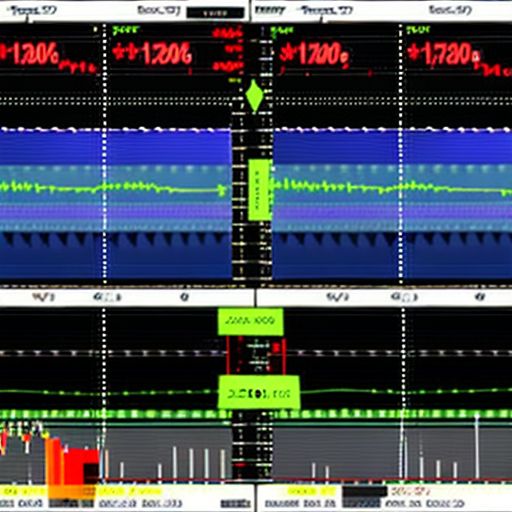Imagine this: you’re not just predicting whether the price of gold will rise or fall, but you’re also leveraging the power of options to potentially magnify your gains. That’s the exciting world of Trading Options On Futures. This comprehensive guide delves into this complex yet potentially rewarding trading strategy, equipping you with the knowledge to navigate this specialized market.
Understanding the Basics
What are Futures?
Before diving into options, let’s establish a clear understanding of futures contracts. A futures contract is a legally binding agreement to buy or sell a specific asset, like gold or oil, at a predetermined price and date in the future. These contracts are standardized and traded on exchanges, providing a transparent and regulated environment.
What are Options on Futures?
Options on futures add another layer of sophistication. These contracts give you the right, but not the obligation, to buy or sell a futures contract at a specific price (strike price) on or before a certain date (expiration date). Essentially, you’re trading on your outlook for the future price movement of the underlying futures contract.
There are two main types of options on futures:
- Calls: A call option gives you the right to buy the futures contract. You’d purchase a call if you expect the futures price to rise.
- Puts: A put option gives you the right to sell the futures contract. You’d purchase a put if you anticipate the futures price to fall.
Why Trade Options on Futures?
Traders are drawn to options on futures for several compelling reasons:
- Leverage: Options offer significant leverage, allowing you to control a large position with a relatively small capital outlay. This can amplify profits, but it also magnifies potential losses.
- Flexibility: Options provide various strategies to capitalize on market movements, whether you’re bullish, bearish, or neutral. You can tailor your approach based on your market outlook and risk tolerance.
- Risk Management: Options can be used to hedge existing positions, potentially mitigating losses in your portfolio. By strategically incorporating options, you can define your maximum risk.
trading.disneyaz.com/wp-content/uploads/2024/07/options-futures-trading-669bb7.jpg" alt="Options Futures Trading" width="512" height="512">Options Futures Trading
Key Considerations and Risks
Trading options on futures is not without its complexities and risks. Before venturing into this market, it’s crucial to consider the following:
- Complexity: Options involve intricate pricing models and strategies. It’s essential to have a solid grasp of options concepts and terminology before trading.
- Risk: Due to the leverage involved, options trading carries a high degree of risk. It’s possible to lose more than your initial investment.
- Market Volatility: Options prices are sensitive to market fluctuations. Sudden price swings can impact the value of your options positions.
Frequently Asked Questions
- What are some common strategies for trading options on futures? Popular strategies include covered calls, protective puts, straddles, and strangles. Each strategy carries its own risk-reward profile.
- Where can I trade options on futures? Options on futures are traded on regulated exchanges, including the Chicago Mercantile Exchange (CME) and the Intercontinental Exchange (ICE).
- What are the margin requirements for options on futures? Margin requirements vary depending on the underlying futures contract and the options strategy employed.
Conclusion
Trading options on futures can be a powerful tool for sophisticated traders seeking leverage, flexibility, and risk management capabilities. However, it’s essential to acknowledge the inherent complexities and risks involved. Thoroughly understanding options concepts, developing a sound trading plan, and managing risk effectively are crucial for success in this specialized market. Remember to conduct your own research and consider seeking guidance from experienced financial professionals before making any trading decisions.
